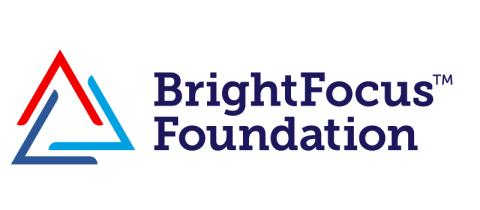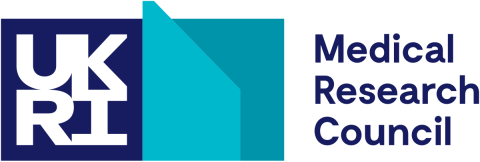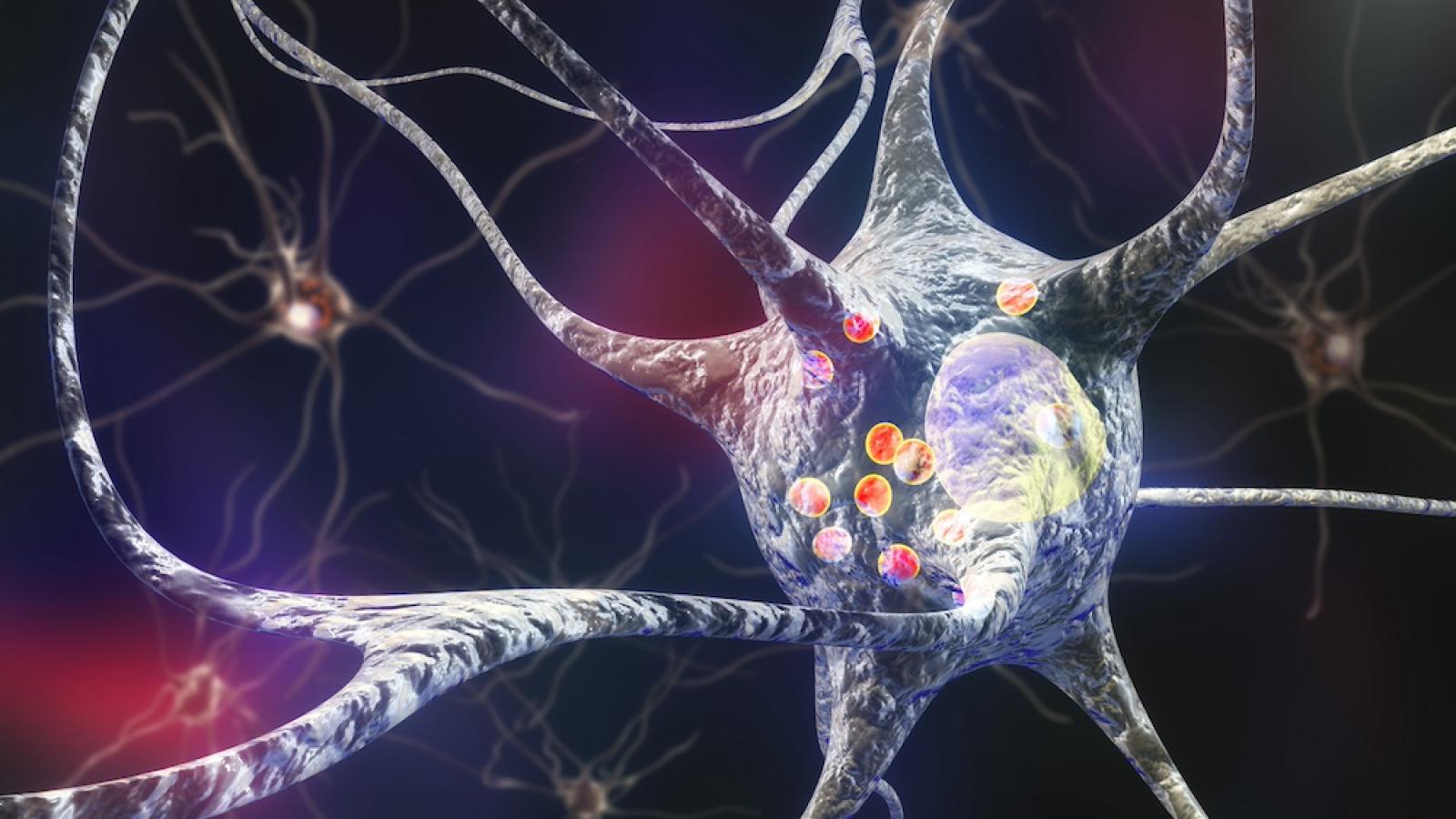Info
Understanding how RNA processing goes wrong in disease
RNAs are molecules carrying messages, providing insight into what the cells in the body are doing and where they are. This gives us a way of comparing what is happening in brains with diseases such as Parkinson’s and Alzheimer’s disease, and why they are different from healthy brains. What are the cells doing differently in the disease? Where are they going? How are they communicating?
The Ryten Lab is especially interested in understanding processes that occur to RNA in between the message being written and being read out, as disruption to these processes could be linked to miscommunication in the brain and contribute to disease. Our goal is to understand these processes better and so find new ways of treating brain diseases.
Latest news
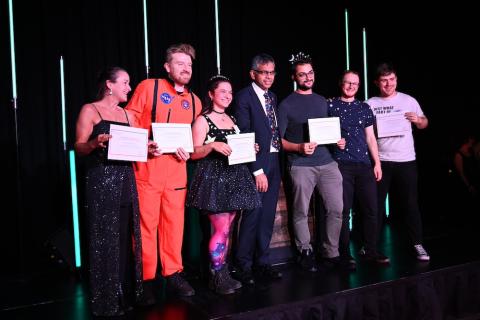

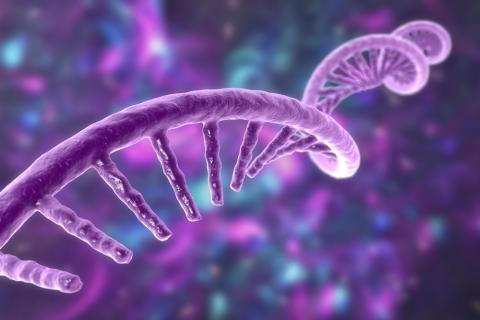
Prof Mina Ryten
Prof Mina Ryten is a Group Leader and Centre Director at the UK DRI at Cambridge. Find out more about her career and expertise on her profile page.
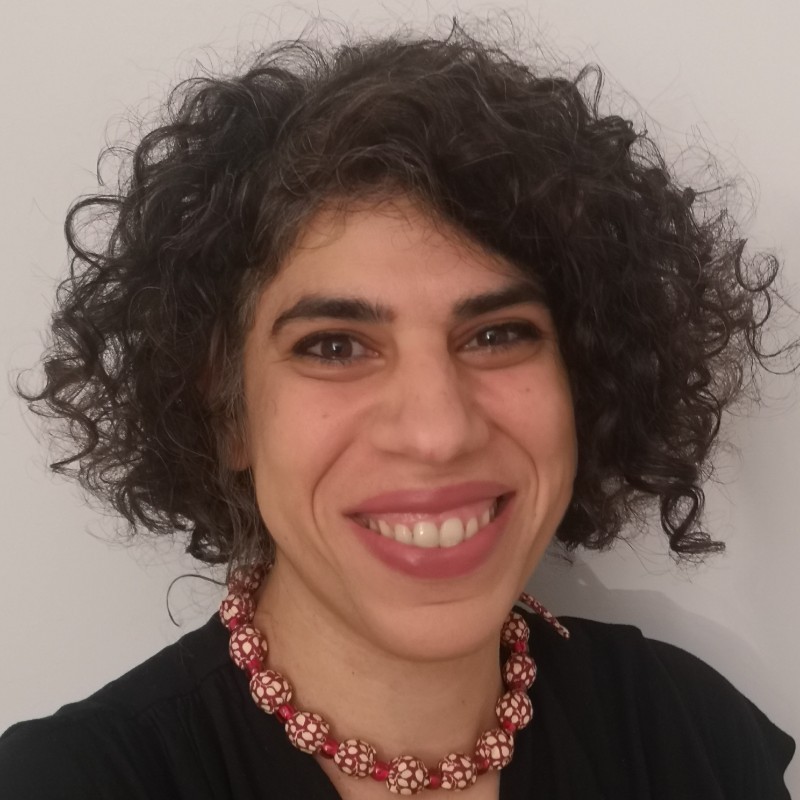
Research summary
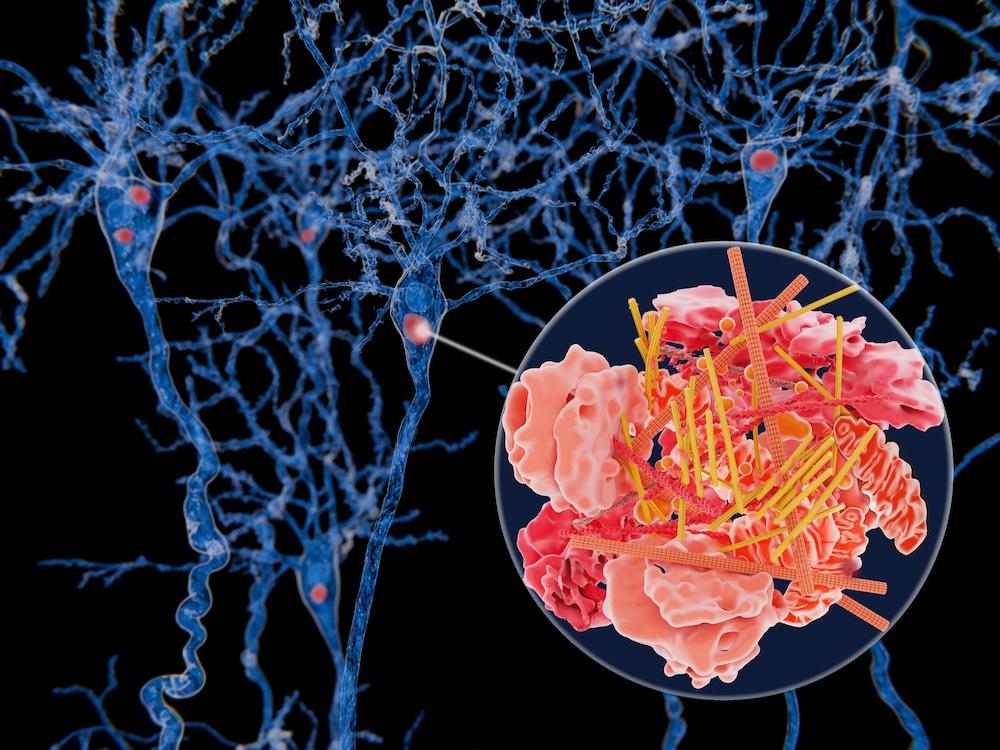
Lewy bodies develop inside nerve cells in Parkinson's disease and Lewy body dementia. Credit: Shutterstock/Juan Gaertner
Leveraging brain transcriptomics to understand the pathophysiology of Lewy body diseases
The Ryten Lab is interested in using transcriptomic data as a functional read-out of the genome with the ultimate goal of finding new therapies. The team focuses on neurogenetics, a challenging disease area for which effective treatments have often been elusive and have never been more pressing.
Their research encompasses three areas of focus:
- Does using RNA as a functional read-out of the genome help us understand neurodegeneration?
Mina's team uses transcriptomic data derived primarily from the human brain and brain relevant cell types to understand cell identity, function and location in the central nervous system. This allows them to contrast diseased brains to brains without neurological disorders and understand what are some of the main changes happening in disease. Members of the lab are working on a range of diseases, including Parkinson’s disease, Alzheimer’s disease, cerebellar ataxias, multiple sclerosis and white matter disorders. - How is RNA processed in the cell, and how can this contribute to disease?
Between the transcription of a gene and the expression of a protein, RNA undergoes several complex transformations which directly affect its protein output. The cleavage site of RNA will determine its 3’ and 5’ untranslated regions. The splicing process will determine the use of introns and isoforms of a gene. A-to-I editing will replace adenosine with iosine in RNA. Adding further complexity, these events are often tissue and cell type specific and are particularly complex in the brain. The accuracy of these events will ultimately impact the proteomic landscape of the brain. The lab has found substantial evidence that disruption to these processes is associated with disease, with splicing becoming less accurate with ageing and A-to-I editing becoming disrupted in disease. - What are the most accurate, reliable and scalable ways of profiling, processing and analysing transcriptomic data?
Analyses of the transcriptome will only ever be as good as our methods to do so. Therefore, we employ a range of sequencing techniques, including long-read RNA sequencing and short-read RNA sequencing on bulk, single nuclear and spatially resolved data. This also allows us to enquire what are the trade-offs associated with each sequencing approach, and combine them to explore different biological and technical questions. We also develop computational tools, databases and software in R and python to improve transcriptomic analysis.
Vacancies
Key publications
Lab members
- Dr Aine Fairbrother-Browne (Postdoctoral Researcher)
- Dr Sonia Garcia-Ruiz (Postdoctoral Researcher)
- Dr Melissa Grant-Peters (Postdoctoral Researcher)
- Dr Amy Hicks (Postdoctoral Researcher)
- Dr Jonathan Brenton (Postdoctoral Researcher)
- Dr Emil Gustavsson (Postdoctoral Researcher)
- Dr Zhongbo Chen (Postdoctoral Researcher)
- Amer Townsend (Postdoctoral Researcher)
- Marjolein Burgers (Postdoctoral Researcher)
- Hannah McPherson (PhD Student)
- Louise Huuki-Myers (PhD Student)
- Kylie-Ann Montgomery (PhD Student)
- Anna Pearson (Project Officer)
- Niuzheng Chai (PhD Student)
- Spencer Grant (PhD Student)
Collaborators

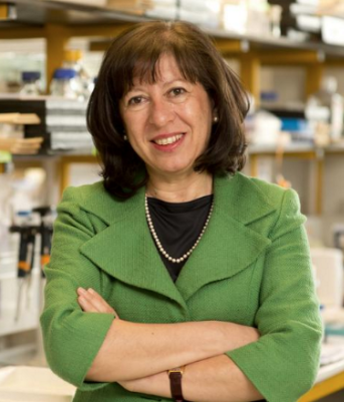


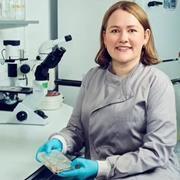







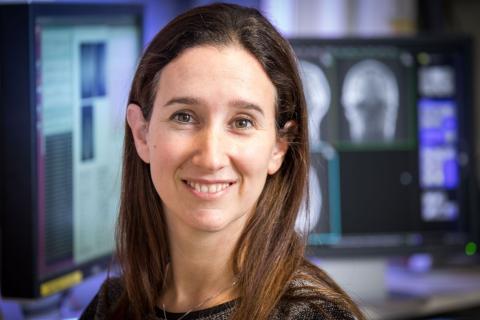
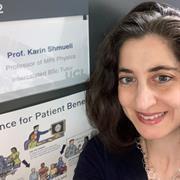
Lab funders
Thank you to all those who support the Ryten Lab!


